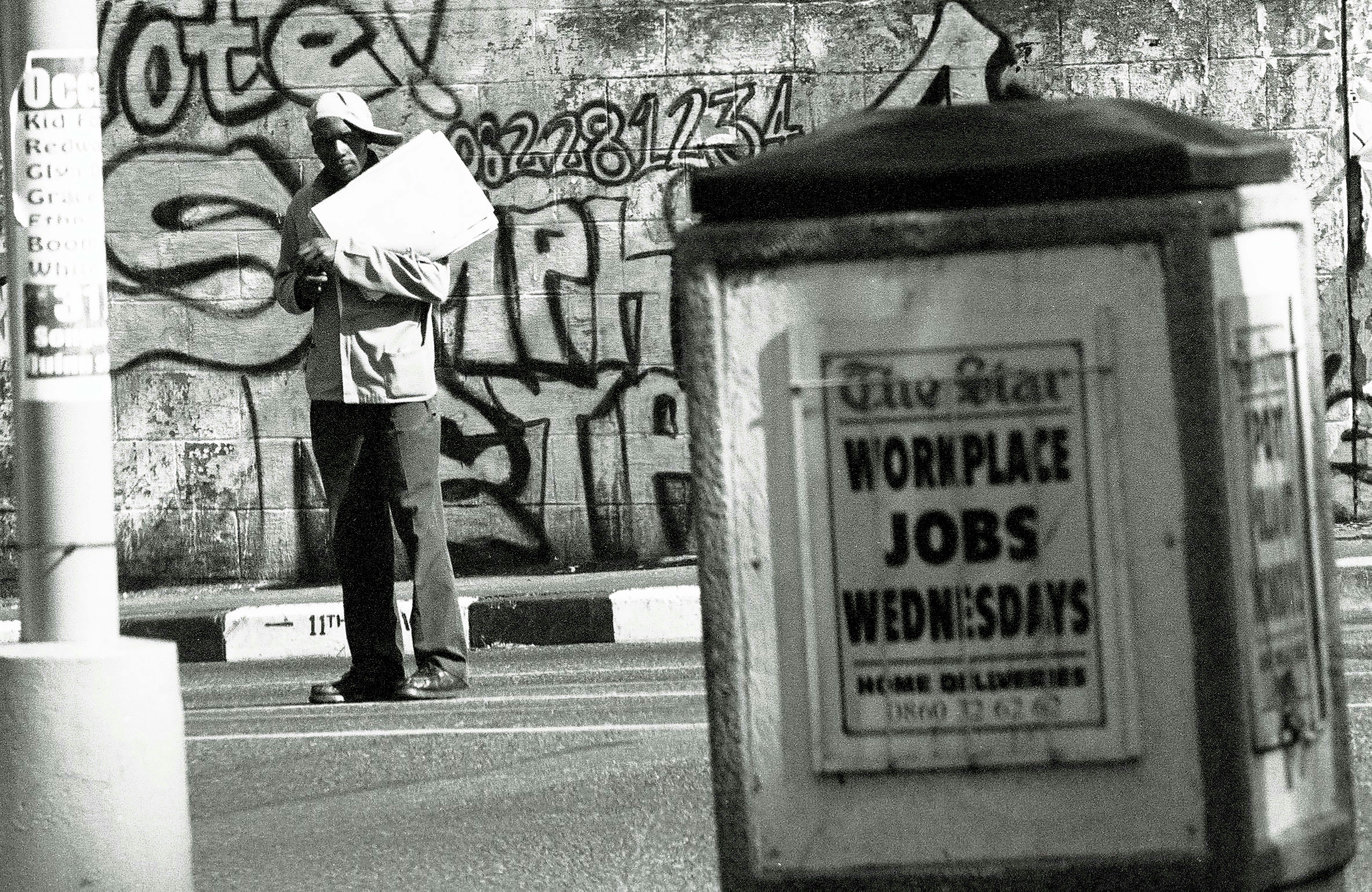
Inside days or even weeks, the Supreme Courtroom goes to render a call on the way forward for affirmative motion in greater ed. If issues go as anticipated, conservatives can be cheering as these insurance policies are struck down — and progressives can be wailing.
However possibly we are able to all take this second to reimagine the faculty admissions course of itself, which has morphed into one of many actually harmful establishments in American society.
The trendy faculty admissions period was launched over half a century in the past with the most effective of intentions — to show ending faculties for the Protestant institution into expertise factories for all comers. However, ultimately, the elite universities merely exchanged one privileged elite for an additional. In the present day, you don’t want bloodlines stretching again to the Mayflower to have an honest shot at entering into an elite faculty, however you do should be born right into a household with the assets to make lavish investments in your early training.
In 2017 analysis led by Raj Chetty discovered that college students from households within the prime 1 % of earners had been 77 instances as more likely to get admitted into the Ivy League than college students from households making lower than $30,000 a 12 months. In that very same 12 months, college students from the highest revenue quintile had been 16 instances extra quite a few on the College of North Carolina, a state faculty, than college students from the underside quintile.
We now have complete industries that take attendance at an elite faculty as a marker of whether or not they need to rent you or not. So the hierarchies constructed by the admissions committees get replicated throughout society. America has change into a nation wherein the elite educated few marry one another, ship their youngsters to the identical unique faculties, transfer to the identical rich neighborhoods and move down disproportionate financial and cultural energy from technology to technology — the meritocratic Brahmin class.
And, as Michael Sandel of Harvard has argued, the meritocratic tradition offers the “winners” the phantasm that this sorting mechanism is righteous and inevitable and that they’ve earned every part they’ve obtained.
After which we sit round questioning why Trumpian populists revolt.
Worse, this technique is constructed on a definition of “benefit” that’s completely bonkers. In what sane world will we type folks — usually for all times — primarily based on their capacity to be teacher-pleasers from age 15 to 18?
In 2018, the organizational psychologist Adam Grant wrote a strong essay for The Instances making the purpose that “educational excellence is just not a powerful predictor of profession excellence. Throughout industries, analysis exhibits that the correlation between grades and job efficiency is modest within the first 12 months after faculty and trivial inside a handful of years.”
We might have chosen to type folks on the idea of creativity, generosity or resilience. We might have chosen to advertise college students who’re enthusiastic about one topic however lag within the different topics (which is how real-life success works). However as a substitute we created this educational strain cooker that additional disadvantages folks from the flawed form of households and leaves even the straight-A winners harassed, depressed and burned out.
For the previous few many years, Richard D. Kahlenberg, the writer of “The Remedy: Class, Race and Affirmative Action,” has been arguing that we must always change the race-based system of affirmative motion with a class-based system.
His proposal, to provide choice to candidates from economically deprived households, would tackle a core inequality in society. As Kahlenberg wrote in The Economist in 2018, social science analysis “finds that right now, being economically deprived in America poses seven instances as massive an impediment to excessive scholar achievement as does race.”
Moreover, he continues, in case you construction the applications properly, you’ll be able to carry up the poor and center class whereas concurrently redressing the iniquities which have traditionally been visited upon African Individuals. Writing in Dissent this 12 months, Kahlenberg, an professional witness for the plaintiffs within the case in search of to overturn affirmative motion, describes an train he did with the Duke economist Peter Arcidiacono. Based mostly on information from Harvard and the College of North Carolina, they constructed an admissions mannequin that will finish racial preferences and preferences for the kids of school members and alumni, however enhance candidates from poor households and deprived neighborhoods.
At Harvard, beneath this mannequin, the share of African American, Hispanic and different underrepresented minority college students would rise, and the share of first-generation college students would greater than triple.
The case for Kahlenberg’s proposal will get stronger yearly. If the Supreme Courtroom ditches racial preferences it turns into overwhelming.
Possibly this may very well be a second after we lastly step again and acknowledge that the elite meritocracy has spiraled uncontrolled. It’s ridiculous that we’ve got constructed a tradition wherein folks make wonderful standing distinctions amongst Princeton, Northwestern and Penn State as in the event that they had been 18th-century courtiers arguing over which aristocratic household had the grandest identify.
It’s ridiculous that we’ve constructed a system that overvalues the type of technocratic expertise these universities domesticate and undervalues the social and ethical expertise that any wholesome society ought to worth extra.
It’s unhappy that we’ve spent many years attempting to construct a extra consultant management class, however we’ve ended up with an informed elite that doesn’t know a lot about the remainder of America and doesn’t appear notably extra competent than the elites that preceded it.
If SCOTUS rips off the affirmative-action Band-Help, possibly we are able to tackle the underlying wounds.






